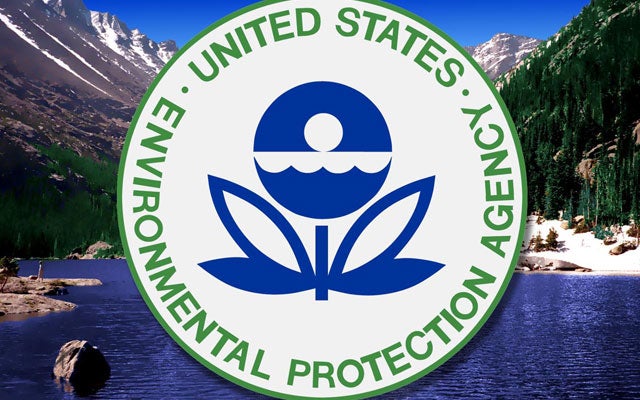Reuters’s environment correspondent Alister Doyle provides even more fodder for why a carbon (energy) tax or the Environmental Protection Agency’s (EPA) regulation of greenhouse gas emissions is economically and environmentally foolish. Doyle writes:
Scientists are struggling to explain a slowdown in climate change that has exposed gaps in their understanding and defies a rise in global greenhouse gas emissions.
Often focused on century-long trends, most climate models failed to predict that the temperature rise would slow, starting around 2000. Scientists are now intent on figuring out the causes and determining whether the respite will be brief or a more lasting phenomenon.
Figuring out the reasons and severity behind climate change is a worthwhile cause, but Doyle’s article is another example that the science is far from settled as to what is causing climate change, how quickly it’s occurring, and the effect of increased greenhouse gas emissions (natural or manmade) on the earth’s temperature. Doyle continues:
Theories for the pause include that deep oceans have taken up more heat with the result that the surface is cooler than expected, that industrial pollution in Asia or clouds are blocking the sun, or that greenhouse gases trap less heat than previously believed.
The change may be a result of an observed decline in heat-trapping water vapor in the high atmosphere, for unknown reasons. It could be a combination of factors or some as yet unknown natural variations, scientists say.
Richard Tol, a climate and economics professor at the University of Sussex, told Doyle, “My own confidence in the data has gone down in the past five years.”
One of The Heritage Foundation’s eight principles of The American Conservation Ethic is that science should be employed as one tool to guide public policy. Science is a critical and informative guiding tool, but it should not dictate public policy, especially when lawmakers distort the science to help them meet their policy agenda. As we explain in the principles, “Commitments to use the force of law should be made with great caution and demand a high degree of scientific certainty. To do otherwise is likely to result in environmental laws based on scientific opinions rather than scientific facts.”
Even with the science unsettled, proponents of carbon taxes, the EPA’s greenhouse gas regulations, and green energy subsidies argue that we should enact these policies as precautionary measures and protect future generations. But we’ll be leaving our children and grandchildren a world with higher energy costs and less economic prosperity with nothing to show for it.
Since the large majority of America’s energy needs are met with carbon-emitting conventional fuels, a carbon tax would cripple economic growth. Heritage’s Center for Data Analysis recently analyzed the carbon tax legislation proposed by Senators Barbara Boxer (D–CA) and Bernie Sanders (I–VT) and found family income losses of $1,000 per year and 400,000 jobs lost as soon as 2016.
It’s not just making our children and grandchildren worse off; it’s making us worse off through higher energy bills, higher product prices, and less economic opportunity. And as the carbon tax increases, so does the economic burden.
What’s worse, the climate impact of a carbon tax is almost too small to notice. A $25-per-ton tax would moderate global warming at most by 0.11 degrees Celsius by the end of the century.
Congress should be proactive in addressing climate change, but only by categorically rejecting the idea of a carbon tax and removing the ability of the EPA and any other federal agency to regulate greenhouse gas emissions.































